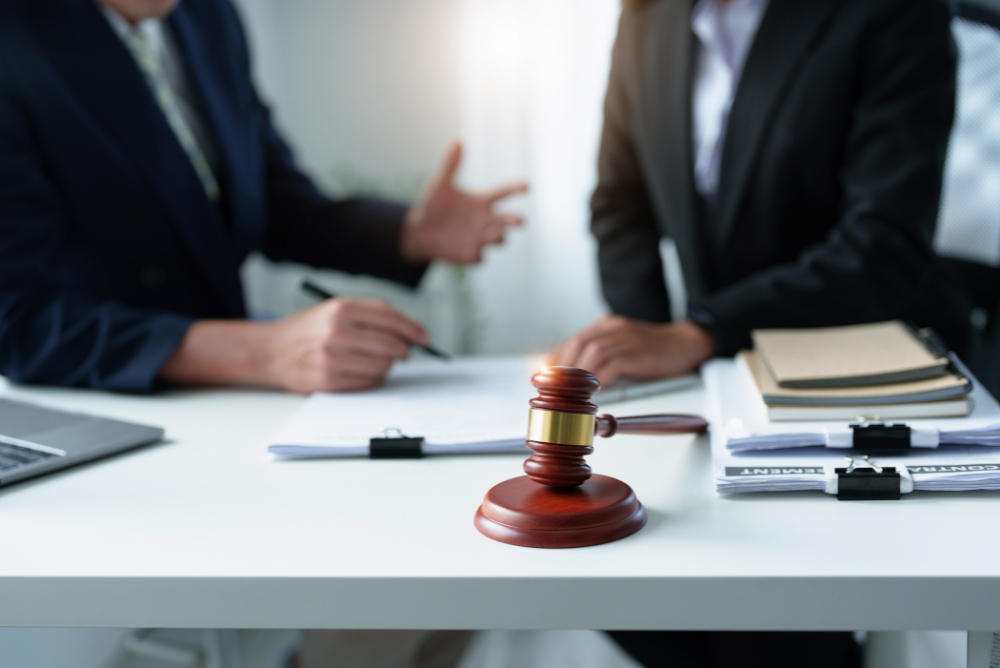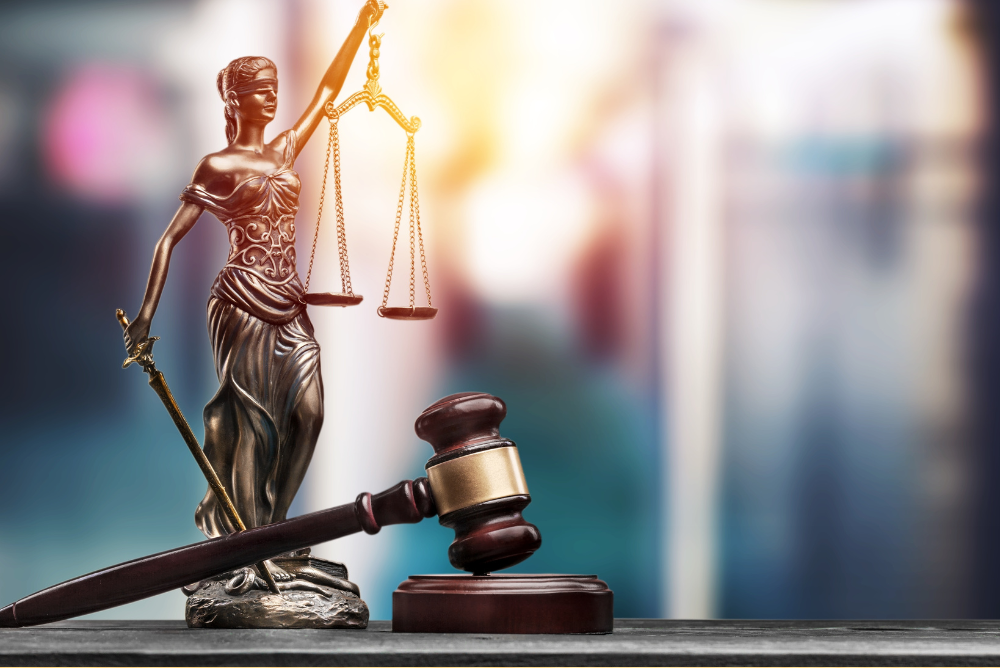Laws and regulations are always changing. The constant shifts can make it challenging and confusing for individuals to understand their rights. One of the most notable changes in recent years has led to many questions and misconceptions about personal injury law, particularly as it relates to auto accidents.
What Changed In Personal Injury Law?
In March 2023, Florida legislators passed House Bill 837 (HB-837), also known as the Florida Tort Reform Act of 2023. The bill changed how individuals and their attorneys can litigate personal injury lawsuits.
While the law was passed almost two years ago, there are still many people who don’t understand the effects of the bill or how it has changed their ability to sue for personal injury.
To set the record straight, let’s review what changed and what it means for someone who has a potential personal injury lawsuit.
1. You have less time to file a personal injury lawsuit case.
Bill HB-837 changed the statute of limitations on personal injury lawsuits. Prior to its passing, injured parties had up to four years from the date of the incident to file a lawsuit.
Under the new law, plaintiffs only have two years to file. (If you have a case prior to March 24, 2023, it still falls under the four-year statute.) One exception to the limitation is medical malpractice. Individuals still have up to four years to file a personal injury case against medical providers who delivered inadequate care.
2. You must now prove you are not 50% or more at fault in a personal injury case.
Prior to the passing of HB-837, Florida was considered a “pure” comparative fault state. This designation meant an injured party could recover damages even if they were partly at-fault for the incident that led to their injury. For example, if a driver was 51% at-fault for a car accident, they could receive compensation for 49% of the damages.
After the passing of the new law, Florida is now considered a “modified” comparative fault state. For an injured party to receive damages in a case, they cannot be 50% or more at-fault for the incident. If a driver was 51% at-fault for a car accident, they can no longer receive compensation.
Related: Types of Personal Injury Cases: Do You Have a Claim?
3. Insurance companies have more time to respond to settlement offers.
Prior to HB-837, insurance companies were required to respond to a settlement offer within thirty days. If the insurance company failed to respond within the thirty days, they could be required to pay the full amount of damages requested.
Under new laws, insurance companies now have ninety days to review settlement offers and respond.
Related: How to Choose a Personal Injury Attorney
4. Insurance companies can point the finger at victims.
HB-837 also gave insurance companies even more avenues for rejecting settlements and less accountability for covering claims by making it more difficult to sue an insurance company for “bad faith” claims.
Prior to HB-837, plaintiffs could sue insurers for failing to fairly settle insurance claims as outlined by the policy’s parameters and limits. Now, insurance companies have more avenues to defend rejecting claims. They can point to mistakes, misspeaking, and unintentional omissions made by victims and their attorneys as a reason to reduce the settlement amount paid to victims.
5. You have to be more specific about medical damage calculations.
The new law requires more specific accounting and reporting on the medical costs calculated in the damages. It also limits the amount of past, present, and future damages for medical treatment.
Under HB 837, damages can only include the amount paid for medical expenses rather than the amount billed. Any payments made by private health insurance, Medicare, Medicaid, or other payments cannot be included in the total damages paid out in a lawsuit.
Related: Personal Injury Compensation: What Can You Fight For?
6. You can still fight for what is owed to you in personal injury cases.
Even with all of these changes, one thing remains true.
If you were injured in an accident caused by a negligent party, you have rights and deserve to be compensated for damages.
The new laws make it more important to talk to a personal injury attorney immediately after an accident. You have less time to file and make your case. You also need to provide more proof and avoid mistakes in the legal process to ensure you get a full settlement.
The biggest change in personal injury law is that you need professional legal guidance now more than ever.
Talk to an attorney who knows how to fight insurance companies submitting bad faith claims. Schedule a free consultation with experienced personal injury attorney TJ Grimaldi today. Schedule your consultation or call 813-226-1023 now.



